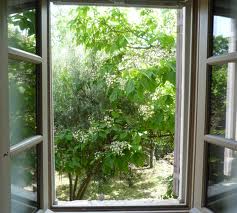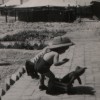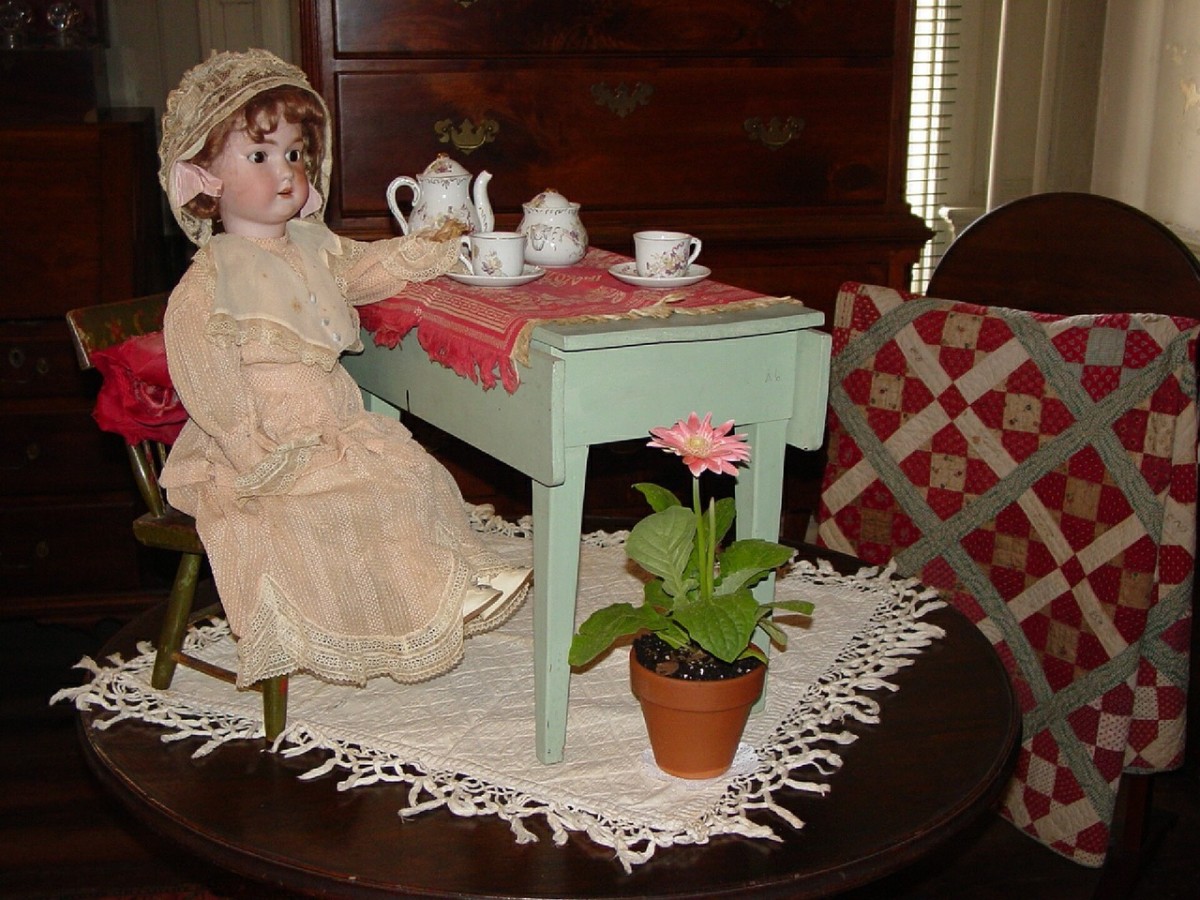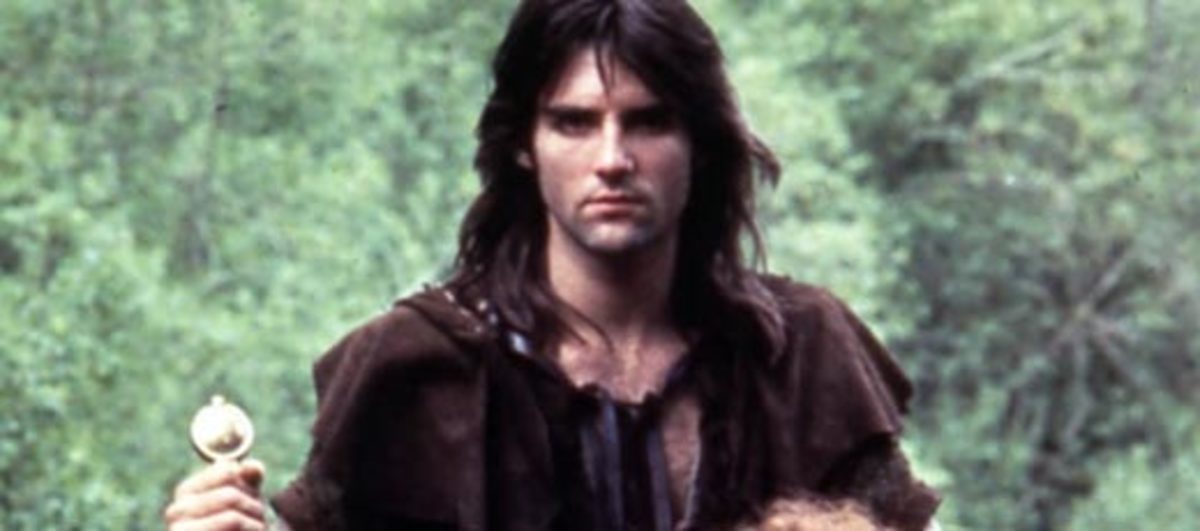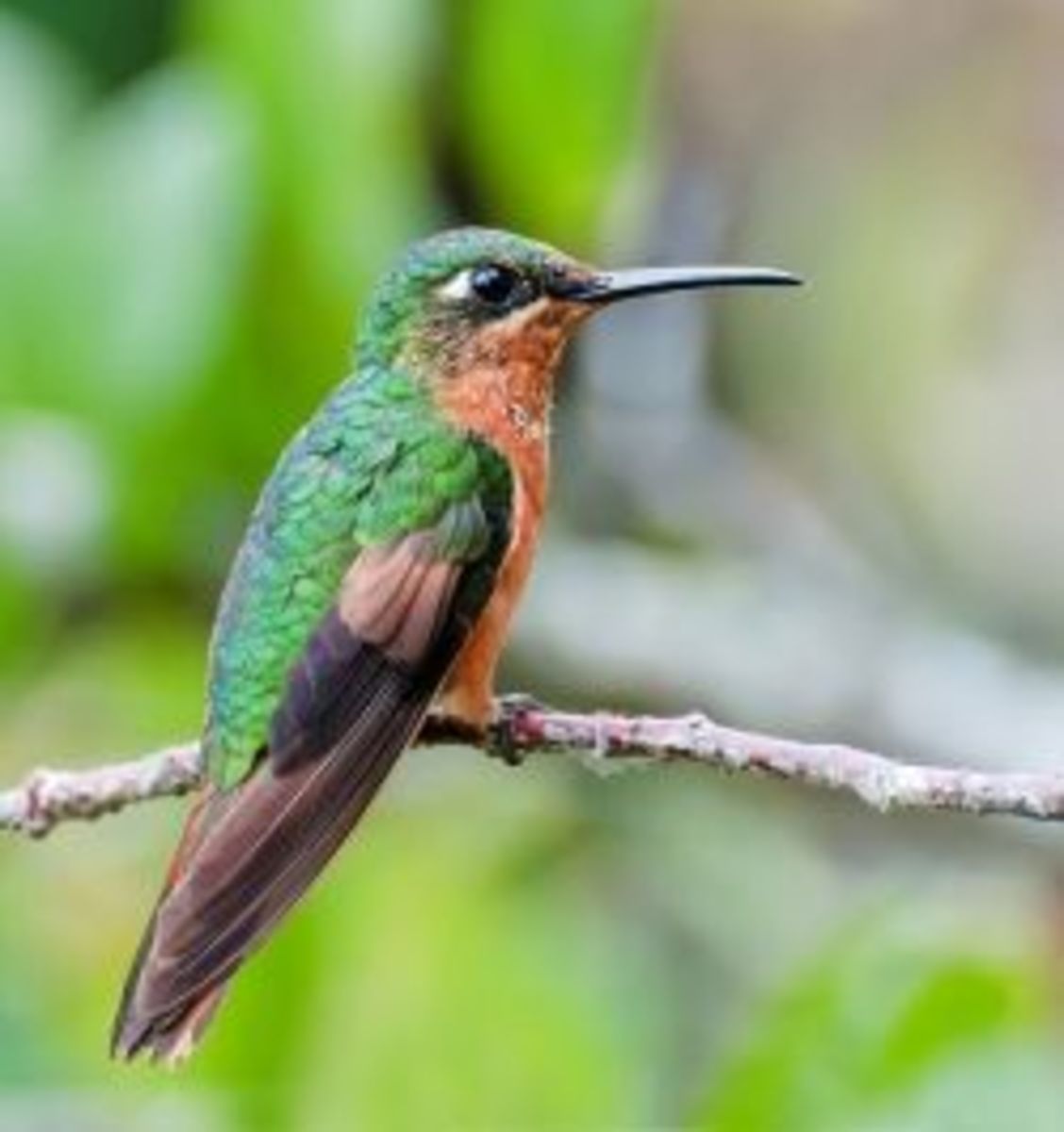Have you heard of the Mondscheinsonate?
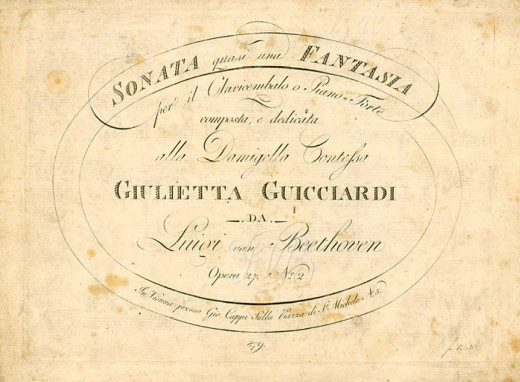
It was the loveliest night in a late summer of lovely nights. The moon was full, filling the sky with its cool light; putting the myriad stars to shame with its luminescence. Adrian looked at it where it hung low on the horizon, causing the sky around it, by contrast, to appear darker, deeper, more intense. The moon; she; she, the moon, hung there in all her beauty. He wondered how long she had been addressed as a female figure. There was nothing there that reminded him in any way of his mother; of his aunts; of his mother’s friends. Women bustled. Women did things. Women were full of action and movement… The moon hung in space, surrounded by sparkling bodies, by filaments of light, by ripped clouds of radiance; calm and enigmatic.
And there, like a veil of light, the Milky Way, with all its glorious whorls and currents of galaxies and pinpricks of brightness, the Milky Way with all its gossamer strands, surrounding the moon; yet to him, an obscure and unfathomable mystery. Many a time had he been taken by the hand and drawn into the garden by his Uncle Clement, Uncle Clement, the Dreamer. Many had been the times that he had had the Milky Way pointed out to him, but try as he might, he could not distinguish clouds from galaxies; filaments of water vapour from nebulae.
At first, his Uncle had drawn him close to his side; his arm around his shoulder; Adrian’s cheek pressed against his uncle’s jaw; his uncle pointing with his fingers to show him a cluster of stars, and that gentle man had been not a little disappointed when he admitted to not being able to tell one group from another. So then he learned, as perhaps all must learn, that it is happier to pretend that what has enthralled our loved ones becomes necessarily part of us and so we lie; and so he lied. Uncle Clement would walk beside him in the softness of early evening and, as on such a night as this, admire the heavens and thrill that he believed he shared his love with his beloved nephew.
And Adrian would walk and allow words to tumble from his lips; to enthuse at the beauty that was spread above him, but never once know where Orion’s Belt hung so gloriously, or thrill at the tragic beauty of Venus, or marvel at the dusty amethyst that was Mars. All the figures and scribbles across the upturned bowl of the sky were his to view, yet their names were labels that had been untied and lost; he knew them as surely as they knew him. He loved what he saw; yet they had, within his mind and eye, no more form than the sand beside the surf; no more structure than the ripples on the surface of a stream that sparkles in the sunlight when a stone is thrown; no more similarity to lonely maidens or betrayed heroes than their neighbouring stars and planets that jostled one against the other.
And such a night was this also. He alone below the stars; suspended just beneath his unknown friend. The orchard, small, and neatly arranged with ancient trees, was bathed in a soft, pale silver light. Around him, on the weighted boughs, he saw the apples and the pears; each metallic orb the colour of the air and light that surrounded it, but in his mind he saw them with the eyes he had within the day time, and imagined the green of the apples just starting to take on the warmer colours of Autumn; the pears beginning to turn the golden shade of late sunlight. Or was his mind lying to him, and telling him what he knew, or that which should have been. The slightest breeze sensuously ran among the branches of the trees and moved the leaves so secretively as it passed.
As he stood in the moonlit garden, he wondered whether he should return to the house or remain where he was, with the garden his own in the quiet night; to surrender himself totally to stillness that required nothing of him; to nature, to himself, and to himself alone.
And then from the direction of the house came the sound of a piano playing. Someone playing music on the CD player. If the person had been himself, he would have played the very same piece; the choice and effect were perfect for his present mood. The music grasped the ethos of the evening as a pair of lovers’ hands; fingers intertwined. Plangent phrases of the music seeped into the air around. The slightest breeze seemed to be in harmony with the music and with his frame of mind. All blended; the silver flowers beneath the silver trees, the silvery soil and grasses beneath his feet. “This is how it must be,” a voice whispered in his ear.
It was Beethoven’s Moonlight Sonata. Familiarity with the piece brought a surge of recognition and wonder; Beethoven performed for a solitary boy; alone with only his thoughts and quiet emotions.
Beethoven from a CD player, played in a room overlooking the garden. The musical giant of a former age, thrilling a young lad in his parents’ garden. Thoughts whirled in his mind; the evocative music; the glorious moon which seemed now to be hanging just above the trees above his head; the majesty of the Sonata played so beautifully by an unknown pianist; and through it all, the thread of his plans for the next day.
“Mr Adrian! Mr Adrian! Your mother says it’s time for you to come in. It’s bedtime!” It was Charlie, the Maid who had been sent to bring him in from the garden. Her young voice broke in upon his thoughts. “Are you there Mr Adrian?”.
He would have taken his time to reply, but then he thought of the sound of his mother’s footsteps; her high heels hammering against the York stone crazy paving that led towards his place in the orchard; the hurt whine in her voice if he had not immediately attended to her call. He turned towards Charlie’s voice and walked quickly towards the open French doors to the drawing room and entered; his head held low.
The room was full of guests; his parents’ guests; enjoying the evening after a dinner party.
The last notes of the Sonata hung in the air, giving way to complete silence; followed by the sound of a couple of people clapping and laughter; general conversation. Then from the CD player there came the gentle first bars of Vivaldi’s ‘Summer’, but as it swelled into the frenetic following passage, a voice simpered scoldingly over the hubbub of renewed conversation, “Too exciting, darling. Too many storms… One can’t hear oneself speak”. It was Adrian’s mother. “The Beethoven’s enough for now, darling”.
Adrian moved slowly into the drawing room and saw what had become an all too familiar after dinner scene. Mother was reclining elegantly on the chaise longue. His father, who had been perched on the end, was just rising to his feet to turn off the CD player; contented guests sprinkled here and there around the drawing room. The candles of the chandeliers spread a soft glow throughout the room.
She rose to meet her son; both arms outstretched to greet him. She offered her cheek for him to kiss her and then drew back, both his hands in hers, to gaze at him with a gentle, simpering smile:
“Ladies and Gentlemen: my darling son. Adrian, say “Hello” to our guests, my dear”. Honey was never sweeter. A murmur of greeting from those assembled. His vague discomfort in the room, so full of adults, so obviously disinterested in the youth, made him wish he were elsewhere. He stood quietly and took in the scene from downcast eyes; the sound of conversation in the drawing room; the echoing gentle chatter from the adjoining dining room where some of the guests were still gathered around the dining table. Willingly would he have gone to his room. Willingly would he have gone to his bed. Yet, taking his leave of the assembled guests, too soon, would be considered an absolute act of incivility by his mother.
Hesitant of too soon kissing her, ‘Good Night’ in front of her guests and fearing a reprimand, he backed away from his mother as she returned to the chaise longue, and he, leaning as nonchalantly as youth will do, against the wall. Beside him hung a heavy, gold framed painting depicting a scene from an Ancient Greek legend.
His eyes drifted to the painting beside him on the wall and gently came to rest at the representation of a familiar female deity striving in vain to conceal her nudity from a well muscled young man who stood behind her. She was attempting to cloak herself with what, at one time, may have been her flaming red hair; but was now a dark sienna, yet still voluptuous. To Adrian’s eyes, the young man posed no threat to her safety neither to her virginity… His handsome face bore little character; no rapacious stare. His eyes gazed over her shoulder and directly into the eyes of the viewer. Adrian noted as always, that the painting’s surface bore a million cracks. “Everything falls into decay,” he thought, “dries up or rots. Everything, Even the most valuable of things.”
And so his mind half followed the snatches of conversation; the polite banter from those assembled in the drawing room.
“I just love that piece. I assume you are all well acquainted with Beethoven’s ‘Clair de Lune’” enquired an elegant lady.
“Clair de Lune?” said another, bringing herself a little more erect in her chair, “I thought that was by Debussy”
“No!” corrected his father amiably, “Beethoven also.” He smiled; “I believe Hector Berlioz said of it that it ‘is one of those poems that human language does not know how to qualify,’ Isn’t that lovely?"
He reached for the champagne bottle and his eyes gently raked the assembled guests, with one eyebrow slightly raised.
“Another tiny drop, Richard dear?” the lady asked teasingly as she offered her glass to be refilled. The pearly bubbles rose to the surface and then fell back; pretty bubbles in a champagne flute. She sipped, and looked over the rim of her glass; sipped again and then closed her eyes briefly and smiled. She caught his eye.
His eyes moved briefly to the left, momentarily avoiding her glance; then gazed from below his lids. Their eyes met again for half a second and she took another sip. A warm glow suffused the soft curve of her neck.
“It’s called Mondscheinsonate in German… of course we know it as the Moonlight”, interjected an older gentleman.
“Mondscheinsonate… Moonlight Sonata… Clair de Lune… ” came the faintly bored voice of a young man from across the room, “When will it ever end? Too many names, my friend. Too many names”.
“Ah but a sonata by any other name would sound as sweet,” replied the older gentleman. There was a murmur of laughter from the other guests. He repeated , and then continued: “It’s called Mondscheinsonate in German, as I said, and yet we” turning to the young man, and admonishing him playfully, “We, Austin, we know it as the Moonlight”.
“Completed in 1801 if I’m not mistaken. There is a story that goes along the lines that: Beethoven, still a young man, was out for an evening walk in the great city of Vienna. He must have been about thirty, or so…” he continued. “when he heard someone playing one of his compositions on the piano; this one, my dears… He was attracted by the playing and… Can you guess? Some poor little girl was playing it… I don’t mean she was poor, my dears. No; the child was from a wealthy family. No, I mean the child was blind”.
“Oh how sweet!” murmured the lady sitting beside the old gentleman. “But how could she read the notes?”
Ignoring her, he continued: “Beethoven rushed into the room, and… Oh this is all too, too sentimental… He rushed into the room and played the whole thing from memory and dedicated it to the poor little blind girl. Spontaneously, my dears, without a manuscript; he began to play the first Movements of this Sonata number fourteen. After which, the composer hurried home to finish it… or to alter one or two phrases. What a perfectionist!”
There was laughter in the room.
“And of course he called it the Mondscheinsonate because it was late in the evening, and the sun had set and the moon had risen, and the dear chap was German… and there was moonlight and Blah! Blah! Blah! …You know”.
“How charming!” said Adrian’s mother.
“Charming, perhaps, but I don’t believe a word of it,” said her husband.
“Neither do I,” agreed the old gentleman.
One or two of the guests commented; showing some disappointment.
“Or if you’d like a naughtier version” said the old man with a wicked little laugh.
All eyes turned on him again, “Rumour had it,” he continued with a somewhat wicked and conspiratorial twinkle in his eye; dropping his voice somewhat to imply a naughty secret, “that he dedicated this ravishing Sonata to his pupil, a sweet little seventeen years old. Now what was her name? Ah yes! She was a Countess. Countess Giulietta Guicciardi, if I remember correctly”.
“And?” enquired a flamboyantly dressed lady guest. “And? These composers were always dedicating their works to someone or other… patrons and the like. What was so unusual in that?”
“Unusual?” asked the older gentleman. “This ravishing piece of music was written for the Little Countess Giulietta, because it is believed that the composer, naughty old Ludwig, was, or had been, in love with the charming child.”
“Edward! You are always so naughty. You drag everything down to a lower level!” remarked Adrian’s Mother, “You choose a lovely piece of romantic nonsense and play with our hearts and emotions. Ladies like things to be romantic, Edward. Why are you such a bad boy?” and she laughed affectionately. “I was expecting a little bit more than that! When will you behave?”
“Is there more to the story?” enquired a coquettish lady.
“Certainly!” he continued.
“Now stop. You turn everything around so we don’t know whether we are coming or going. Lord knows, Edward, you are so clever and have all this wonderful knowledge just packed into that lovely brain or yours, and yet you tell the most outrageous lies and stories that we never know when… if ever… to believe you”.
“Perhaps. But you can’t do without me, dear friends, can you?” he winked, “But that ravishing music… and that Ludwig and the Little Contessa…! Ravishing music… Ravishing child… Rapacious composer… Parallels, my dears, parallels”
There was a ripple of amused and feigned scandalised laughter from the assembled guests; and so, within minutes, the conversation turned to the more immediate gossip concerning absent friends.
Adrian’s mother turned to her son: “Isn’t it a bit late dear? I’m sure you must be tired”.
He took leave of his parents and with a general, if shy, “Good night!” left the room and within minutes, he was in his bed and already dropping off to sleep.
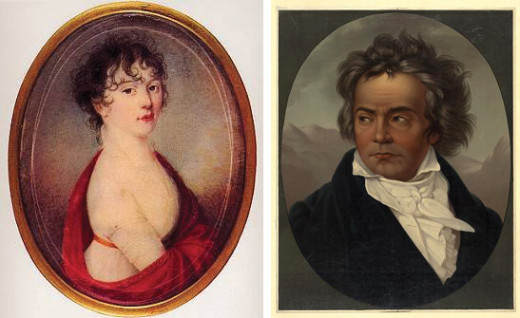
He slept fitfully, and in the morning awoke with a feeling of ennui which somehow confused yet pleased him. His memories of the previous evening were jumbled and lacking in clarity, but he had remembered one thing, and that had been his feeling that he was somehow becoming accepted and smiled upon, as, “Our dear Adrian” by his parents and their guests, but that parallel to that, he felt that he was entering their adult world in his appreciation of the things that they enjoyed: the poetry; the music; the pictures on the walls; each with its lush and vaguely disturbing feelings that they aroused in him.
But with the morning of the day, came the morning of the man, and his unspoken thoughts of the evening before; those thoughts that had lain deepest in his heart, returned to him.
He aimed to spend the day with his friend; his very special friend of six months. He was going to spend the day being himself in the company of the boy who made him feel unique; let him feel unconditionally loved; made him feel trusted, but above all, made him feel that he was Adrian; Adrian the one and only. He had known David for only this short time as the boy’s parents had only recently come to live in a small house that belonged to Adrian’s father. They were tenants, and as such, “Not really suitable for the likes of us”, as his mother had initially told him. But both she and his father were far too busy to monitor all of his comings and goings, and the two boys had become the firmest of friends, and had spend as much time as possible in each other’s company.
So today, Adrian and David; David and Adrian were going to do exactly what they wanted, when they wanted and how they wanted. And what they wanted had been planned the last time they had met.
Adrian and David had gone into the attic of the large Victorian house in which he lived with his parents; and also with Charlie the Maid and Cook. It had been a really wet day, and after having spent some time talking and sharing each other’s company, they had decided to look and see if there was anything of interest in the attic. The door was unlocked as usual and when they managed to find the light switch, they were more than a little disappointed by their findings.
There was no treasure trove of exciting clothes to inspect; there were no helmets and firearms from lost and dreadful wars; there were no trunks, locked or unlocked, promising valuables beyond any adolescent dream. There were just piles of old newspapers and magazines, folded carpeting, several boxes of rolled wallpaper, and a couple of cane bottomed chairs with holes in the seats. The only thing that was even vaguely exciting, at first, was a large, rusty, metal water tank that had been disconnected; something to do with the water supply that had been rerouted. But then, wonder of wonders; an ancient wasps’ nest attached to the chimney breast and close to the underneath of the tiles. When he saw it, Adrian felt his skin crawl on his body, and backed away in consternation.
“I think there might be wasps in there,” said David, “Shall we see?” and he picked up an old broom handle and tentatively pressed the side of the construction. Nothing happened. He pressed again. Still nothing.
“Here, give is to me,” said his friend and he took the handle and pressed once more. There was only a slight resistance as the handle passed through to the centre. Adrian felt that he was passing the broom handle through water. A few flakes of the "paper” from the nest floated gently to the floor.
“They’re dead,” pronounced David. “This must be years old. It’s certainly not this year’s.” And then the ancient wasps’ nest descended to the floor, silently, gently, in a cloud of dust. It lay there; broken in two, a labyrinth of tunnels and what appeared to be large grains of wheat… possibly the skins of dead insects, or the remains of egg cases.
The two boys gazed at the destruction and then, silently started to vacate the attic. Suddenly, Adrian stopped in front of an old grey sheet which was draped over a shape in the corner. He drew back the sheet and they bother gazed on a bird cage the like of which they had not seen before. It was almost as tall as each of them, and intricately made from cane which at one stage may have been painted a bright green, but now, due to its age, was a more sombre olive. The cage looked like a smaller model of the Crystal Palace which had stood for the Great Exhibition in Victorian times.
“Wow!” they exclaimed in unison, and then for no apparent reason, they laughed together. “This is excellent,” said David, “Do you think it still works?”
Adrian smiled. “I don’t think it’s broken. I think it still works” he said, and the boys laughed again.
They descended from the attic and returned with it to Adrian’s room where they inspected the cage. It was an amazing piece of workmanship, with towers and galleries; with little wooded swings on fine metal chains, each one clean and not tarnished with rust. There were even little glass drinking containers, like upturned miniature kilns with a hole in the front from which to eat and similar vessels made from what appeared to be white porcelain, perhaps for seed.
“This is amazing,” said Adrian. “How could they leave it up there? It should be used. Maybe we could get a canary or a budgie”.
But David was transfixed by the beauty of the workmanship. He ran his fingers along the cane bars; caressed the shape of the curved roof; peered at the beauty of the seed and water containers.
“It’s a blast;” he said "You are so lucky”.
“We are so lucky” corrected his friend. “We are!”
“Why don’t we go and get a bird… or some birds… tomorrow?” said David. “I know where we can get some for free”.
And so they planned and so they looked forward to the next day.
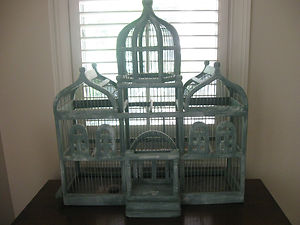
And now it was the next day, and plans had been made, and plans were to be executed.
After breakfast, Adrian hurried to their agreed meeting place. He had brought with him a cardboard box, some string and a slice of bread; the equipment of a big game hunter. He had pierced holes in the box so that any captured beast would not suffocate. When they met, he and David shook hands solemnly. David had brought expertise, his contribution as a big game hunter. They then walked down the quiet early morning street in the direction of the railway station, but they walked on further till they found a narrow opening in a tall, overgrown privet hedge beside the footpath. As they passed through, they entered another world. A rough shingle path led to an old pathway that had once been a railway track. The line had been disused for years, and when a farseeing council had torn up the track, they had created a pleasant path which provided enjoyment for walkers and those who love to exercise their dogs.
It was a glorious morning and the two friends walked together, chatting about this and that, or as good friends do, walked silently; deep in thought; happy in each other’s company. Their schemes of the day before had almost escaped their minds, when there burst in their ears the most amazing sound of birdsong; chirrups and trills; long flutelike warblings and tiny cheeps blended together to make a sound that astounded both lads as it fell on their ears. Then silence. Where had it come from?
“Wow! Did you hear that?” said David.
“I know... Ahh!” Adrian couldn’t put his feelings into words. The sound he heard almost transcended the music he had so revelled in the night before. Almost? No! Transcended; he was enthralled.
They stood, as two statues, and listened. No sound; they waited expectantly, but all was quiet. Then, as if, at the sign of a baton of an unseen conductor, in the far distance came an answering call. A cascade of notes that started as a piercing note; so high, and then descended in stages, and runs, to a mellifluous warble. Immediately the nearby unseen singer replied and the boys listened spellbound while the musical match continued above; around. From a great distance, and near them.
Then as quickly as it had commenced, the duel ceased and all was silent save for the sounds of a quiet sunny morning, The rustle of leaves, the almost inaudible hiss of moving grasses, and when they started walking again, the pleasant crunch of shoes on shingle; the squeak of sand.
“This is just the place,” said David. He looked around him. Low overhanging branches from the plane trees, a wild rhododendron, its pale mauve flowers almost finished for the year; straggling rose bay willow herb; and grasses, grasses, grasses; all lending a very countrified air to the secluded spot.
The boys created a little trap; using the upturned body of the cardboard box, a length of the string attached to a conveniently broken twig to lift one end off the shingle path. With their trap suitably baited with breadcrumbs, the two lads moved away from their device and sat on a stretch of grass within viewing distance. With the other end of the string held carefully between his thumb and index finger, David, and then Adrian, watched and spoke quietly, almost conspiratorially, and waited for a bird to see the breadcrumbs and then fall prey to their machinations.
Above and around them, the trees and grasses; the insects and birds made their customary sounds. Yet not one bird showed the slightest interest in the baited trap. One of the songbirds which had enthralled them earlier put in an encore of his earlier performance in the distance, and was answered by another, but the trap lay baited, yet ineffectual.
And then, with all the clumsiness of his kind, a woodpigeon appeared; noticed the box and the breadcrumbs; poked his head under the box. Before David could pull on the string, the wood pigeon suddenly look flight for no apparent reason, with a crashing of wings, knocking the box, the box, only slightly larger than itself, sideways, and then settled on the branch of a nearby tree where it glared at the two boys.
They reset their trap. They waited with no result, still talking quietly lest they disturb any approaching bird. The sun rose in the sky and they remained where they were. The string slipped from tired fingers. They talked in normal voices. They forgot their purpose and laughed and joked. Then unobtrusively, with hardly a noise, a small brown bird hopped towards the box. It turned its head to one side. It looked at the breadcrumbs; it hoped in under the overhanging box and immediately hopped out again.
The tension in the air was almost visible. Both boys reached out as one. Two hands felt for the end of the string. Two fingers and two thumbs held the string’s length.
The small brown bird once more put his head under the edge of the box; looked over his back; hopped inside. The string pulled; the twig moved and released the box; the box fell. From inside there came the muffled flapping of tiny wings on cardboard. Both boys rushed to secure the top of the box to its base, and without there being an escape, they had their tiny prisoner.
“We’ve got him,” cried David, elated.
“You’ll sing in an amazing cage tonight,” said Adrian. “You’re going to live in a palace, my little feathered friend”.
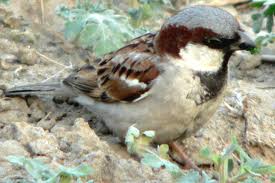
The two boys immediately made for home. They would have run, but dared not, lest they damage their tiny captive. On the way, they passed a pet shop and Adrian entered, coming out almost immediately with a packet of ‘Canary and Small Finch Seed’.
When they arrived in Adrian’s bedroom, they opened the box with care and transferred the little brown bird into the Victorian bird cage. Immediately he inspected all that was around him, as if he were really at home.
“He doesn’t look at all frightened,” said Adrian, “I think he’s going to be really all right here. Just wait till he starts singing”.
“He’s a bit small,” said David. “I suppose this was the one we heard. Yeah?”
“Course he is. He’s most probably a nightingale, at least”.
The little bird hopped onto the perch and looked at them carefully. Then he hopped to the water container, put in his head and drew it out; tipped his head up and then drank This he did a couple more times, and then went to the seed hopper which the boys had filled with the seed from the packet they had bought. He took some seed in his bill, cracked the husks, ate some more and then fluttered to his perch again where he once more looked at his captors.
They soon realise that if they didn’t move towards him too quickly, he wouldn’t get frightened. Once Adrian had moved his hand towards his forehead too quickly, and the little bird had fluttered so quickly in fear that they realised he would hurt himself in doing so. His wings were so beautifully made, but so delicate.
“I can’t wait till he starts singing like he did today,” said David.
“Me too,”
But no matter how long they waited, the bird didn’t fulfil their expectations. Once or twice he gave a little “Cheep”. He would turn his little head to the side, and with the prettiest little cheeky look, utter the one sound: “Cheep”.
“He’s getting ready,” said Adrian. “He’ll start when he’s really had a bit of a practice”.
The door opened, and Adrian’s mother stood there. “Dinner time, Adrian,” she said, “Shouldn’t you be going home, David?” she continued; hardly looking at the boy, “It’s Adrian’s dinner time and…”
Her voice trailed off. Moving towards the bird and the cage she said, “What’s this? How lovely”.
“We think it’s a nightingale, Mother. You should hear it sing”.
“I’m not talking about that awful bird, darling; the cage. It’s exquisite. Where on earth did you find that? It must be worth a pretty penny. I’ll ask your father to have it valued. Maybe Jenny will be able to give us a good price for it”.
“But the bird? Isn’t it lovely?”
“It’s a sparrow, darling. A common little sparrow. Dirty thing. Off you go David; it’s Adrian’s dinner time and…” She left the room. Her voice could be heard as she descended the stairs. “Come along, Adrian. Do!”
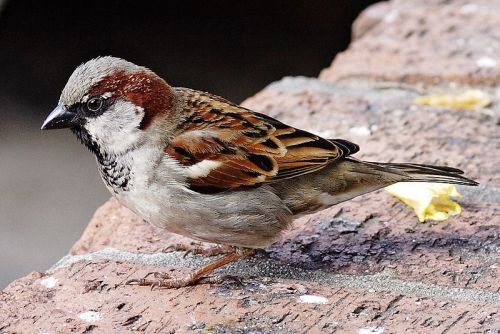
The next day, the two boys met again. This time it was prearranged that David should come directly to Adrian’s home. David saw his friend approaching the house from his bedroom window and went downstairs to let him in. They greeted each other and walked up the stairs to Adrian’s bedroom. The house was quiet. Cook and the maid, Charlie, were not in the front of the house, and Adrian’s mother was out and about with her friends.
As Adrian opened his door, his friend could hear a slight chirrup from within. It was the sound with which they had both become familiar. They entered and the little brown bird raised his head from where he had been pecking at his seed container. Pushed half way through the cane bars, was a lettuce leaf. It was clear that the bird had pecked around the edge of that.
“Cook brought it up. Her dad used to breed canaries, and she said they liked lettuce”.
“It’s not a canary,” said David.
“And he’s not a nightingale and he can’t sing at all… Well, not like we heard yesterday. I don’t think we got the right one,” said Adrian.
“Your mum says he’s a sparrow. A common little sparrow,” and they both laughed.
“I don’t care what he is,” said Adrian, and his voice sounded strange in the large, high ceilinged room. “I don’t care what kind of bird he is,”
His friend looked through lowered lids at him. Adrian’s face was slightly flushed, and there was a hint of a tear in his eye… and his voice. David didn’t show that he had noticed his friend’s hurt expression.
They both stood, shoulder to shoulder, gazing at the little brown sparrow in the grand Victorian cage.
“Cheep!” said the little bird, and he turned his head to one side and looked at them calmly, “Cheep!”
“I think he’s the best bloody bird in the world; I really do,” said David.
“So do I. The best bloody bird ever.”
They looked at the little sparrow and noted, not for the first time, how perfect were his little wings; the wonderful pattern of brown and black and grey of his feathers; the perfection of his tiny feet and minute claws; the clever little beak that could husk a seed and roll it around in there before eating it.
“Cheep!” said the little sparrow, and he stretched one wing, yawned and looked first at one boy and then the other. “Cheep!”
“And what an amazing voice he has. I love it,” said Adrian.
“So do I”.
“He doesn’t deserve to be locked up in a cage like this old thing. Let’s just let him go, Yeah?”
“Definitely!”
So Adrian went to his window, and opened it up as far as it would go. Then they opened the cage door gently, and waited for the sparrow to fly out. The little bird just sat on his perch and looked at them seriously.
“Shall I?” said David and he slipped his hand in gently. He was about to open his hand to catch the little bird to take him out, when, unexpectedly, the little brown bird landed on his wrist.
David withdrew his hand gently and stood in the middle of the room. The sparrow, still standing on the young lad’s wrist, looked from one to the other boy, as before.
“Cheep!” he said once again, and then, in one long graceful curve, flew out through the open window. They watched him go in silence, and then:
“Best bloody bird in the world,” said David.
“Better than any old nightingale. What a great song he had”.
